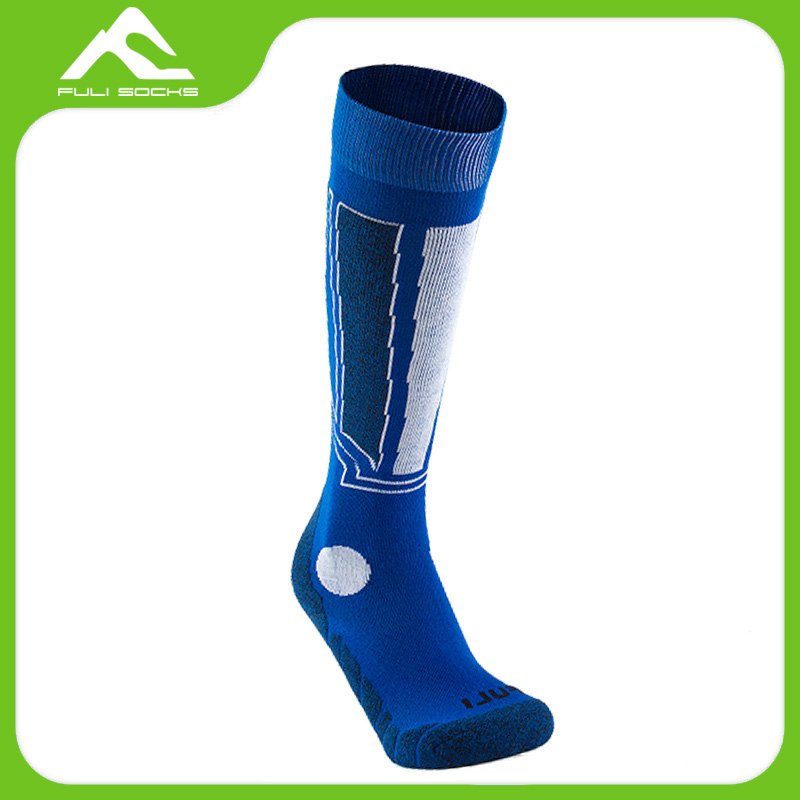Are compression athletic socks suitable for people with certain medical conditions
2023-10-21
Compression athletic socks can be suitable for individuals with certain medical conditions, but their use should be carefully considered and often done under the guidance of a healthcare professional. While compression socks are designed to improve circulation and reduce muscle fatigue, they may not be appropriate for everyone, especially those with specific medical conditions. Here are some medical conditions for which compression athletic socks may be helpful or contraindicated:
Conditions for Which Compression Athletic Socks May Be Suitable:
1. Venous Insufficiency: Compression socks can be effective in managing venous insufficiency by improving blood flow and reducing swelling in the lower limbs.
2. Deep Vein Thrombosis (DVT): Individuals who have had a DVT or are at risk of DVT due to prolonged immobility (e.g., during long flights) may benefit from compression socks. However, the use of compression socks for DVT prevention should be discussed with a healthcare professional.
3. Lymphedema: Compression socks can assist in the management of lymphedema by promoting lymphatic drainage and reducing swelling.
4. Edema (Swelling): Compression socks can help reduce swelling in the feet and lower legs, making them suitable for individuals with conditions that lead to fluid retention.
5. Varicose Veins: Compression socks can provide support to individuals with varicose veins and alleviate associated symptoms like aching and discomfort.
6. Post-Surgery Recovery: Compression socks may be recommended for individuals recovering from surgery, especially lower limb surgery, to minimize swelling and improve circulation.
Conditions for Which Compression Athletic Socks May Not Be Suitable:
1. Peripheral Artery Disease (PAD): Individuals with PAD have reduced blood flow in the arteries. In these cases, compression socks may not be suitable and could exacerbate circulatory issues.
2. Skin Infections or Lesions: If a person has an open wound, skin infection, or other skin lesions in the area where compression socks would be worn, the socks can further irritate the skin and should be avoided until the skin condition is resolved.
3. Diabetes: Diabetic individuals should be cautious when using compression socks, as they may impair blood flow and circulation in the feet. Consultation with a healthcare provider is advised.
4. Nerve Disorders: Individuals with certain nerve disorders or neuropathy may not be suitable candidates for compression socks, as they may have difficulty sensing discomfort or pain associated with tightness.
5. Congestive Heart Failure (CHF): Individuals with CHF should use compression socks cautiously, as they can potentially worsen fluid retention. Consultation with a healthcare provider is recommended.
It's important for individuals with medical conditions to consult with a healthcare professional before using compression athletic socks. A healthcare provider can determine the appropriate level of compression and whether the use of compression socks is safe and beneficial for their specific condition. Additionally, ensuring the proper fit and sizing of compression socks is crucial for their effectiveness and safety.



